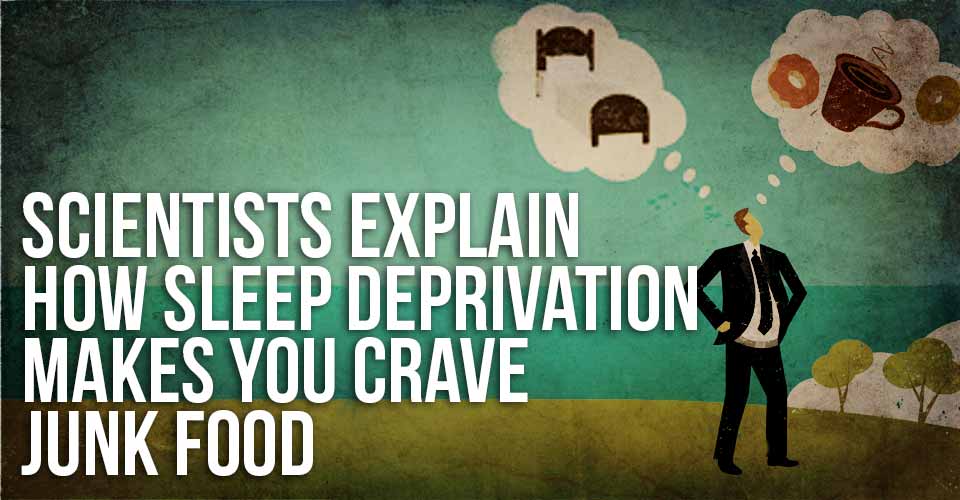We’ve all tested and failed the old adage about grocery shopping when hungry, right? Doing so usually results in buying a lot of stuff you don’t need, namely junk food. There’s even a study that shows the ruinous results. Now science has shown that we probably shouldn’t be grocery shopping while sleepy, either.
Sleep deprivation impacts our behavior considerably and on multiple levels. We don’t deal with stress well, we’re less productive, and our quality of life is significantly lowered, among many other consequences. This study in particular, however, studied specifically the impact of sleep deprivation on subjects’ food consumption. Otherwise healthy, active adults consume hundreds of extra calories when sleep-deprived.
The Study
The study consisted of 14 healthy, young adults who slept normally: about eight hours a night. For the first part of the study, they were allowed to sleep normally, about 8.5 hours per night. For the second part of the study, they were only allowed to sleep 4.5 hours. (These parts lasted only 4 days each, so the participants were -hopefully- relatively unscarred by the experience.)
During each 4-day part of the study, the participants were given access to buffet-style meals as well as enormous quantities of snacks between meals. “They were given way more food than they could ever eat,” remarked Erin Hanlon, the University of Chicago Medical Center neurologist who authored the study. During the sleep-deprivation cycle, the participants consumed, on average, about 400 extra calories per day. That’s a huge amount: about an additional ⅕ the total number of calories a healthy adult should consume on a daily basis.
The Results
The participants were blood-tested throughout the study, and the results were extremely interesting to the scientists involved. They found that levels of 2-AG, a blood lipid, peaked much earlier and stayed high longer in sleep-deprived participants than in the same participants when they got enough sleep. 2-AG is an endocannabinoid related to the pleasure of eating.
Endocannabinoids are interesting and yes, the etymology is telling: they’re compounds that our bodies produce, and act on the same part of the brain as cannabis does. This particular endocannabinoid clearly demonstrates what we’ve known colloquially for years: the “sleep munchies” is a real thing, and sleep deprivation can lead to increases in body weight.
The Impact
Scientists have known for years that interruptions to the human body’s circadian rhythms affect weight and obesity, and they’ve also known that “marijuana munchies” are also real effects experienced by users of marijuana. This study is the first that demonstrates the link between the two, however, and Hanlon’s results are further proven by brain scans of sleep-deprived people, noted chronobiologist Frank Scheer has stated upon analyzing the study. The scans show increased activity in reward centers when sleep-deprived people view images of food, especially snacks. “We did not know whether there would be an effect of sleep restriction on endocannabinoids, so this is really the first study to nicely show that,” Scheer states.
Sleep deprivation impacts human beings on many levels and certainly, some would seem more acute than others. The National Sleep Foundation estimates that as many as one million car accidents per year may be caused by drowsy driving, for example. But it appears that unhealthy weight gain is certainly among the many unwanted consequences.



